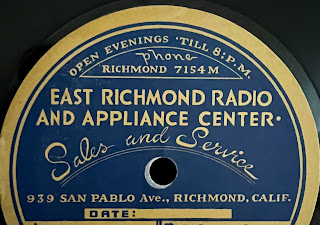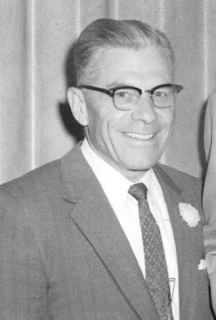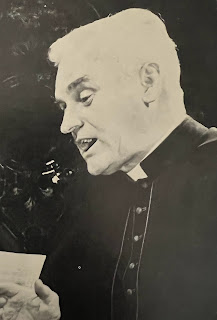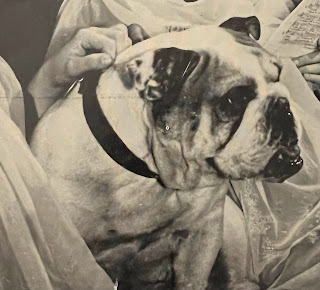The first mention of the contest appeared in the May 15, 1916 issue of the Rocky Mountain News.
Previously, singing contests were local events, held at fairs, churches, or even bars. Prizes were minimal. Contest winners would compete for everything from small cash prizes and ribbons, to desktop statues of Mozart. The lure of being recorded, on a nationally-known music label flooded the paper with entries. According to the Boulder Daily Camera, a total of 431 people entered the contest, sponsored by the Columbia Gramophone Company, and the Rocky Mountain News-Denver Times. Out of those entries, 12 singers would perform live.
More than 4,000 people packed the Denver Auditorium to witness the competition. It was reported that "2,000 were turned away."
The singers would be judged by Colorado College Music Professor Edward Danforth Hale, University of Colorado Music Professor George M. Chadwick, along with Henry Housley, L.B. Longacre, and J. Nicoll Vroom.
Participants included Chauncey Parsons of Boulder, Mrs. William Frantz of Lafayette, Royden Massey, Alfonso Ortiz, N.S. MacDonald, Edward Hartwell, Milner Gleaves, Stella Toffler, Gertrude Livingston, Alice Forsyth, Jane Crawford, and Mary Bowles, all of Denver.
Photo from the sold out contest finals, at Denver Auditorium. Winners pictures in inset (click to enlarge).
The two winners were chosen based on a criteria of "natural voice, tone production, interpretation and diction." Of the one dozen finalists, Chauncey Parsons and Alice Forsyth would emerge as the "best voices in Colorado."
The following day, the two left for New York City, where they were greeted by reporters eager to meet the newest singing discoveries. Just three months later, Columbia would release the contest record (Columbia 60935 / 1916).
Hear sample of "Last Rose of Summer" - Alice Forsyth
Hear sample of "Mother Machree" - Chauncey Parsons
The two would embark on a brief promotional tour, for Columbia, however they would soon take different directions in their performance careers.
Shortly after the contest, Alice Forstyth would be engaged to wed John Marsh Mosher, who was born in Greeley. She told reporters that "marriage would not affect her singing career." Her wedding was held the following year, in Greeley. Royden Massey, who was one of the original twelve contestants, sang at her ceremony. While she spent her post-contest years back in Colorado, the newly-married couple would later move to Los Angeles. Alice would perform mostly in California, and appear on KHJ radio, but she eventually decided not to pursue a career in show business. She passed away in 1991.
Photo of official contest winner recording session (click to enlarge).
Chauncey Parsons' singing career took a huge leap, after recording the disc (note: Before 1925, all 78s were recorded by the artist singing or speaking into a horn, as shown above. The voice directly vibrated the recording stylus. These were called "acoustic" recordings). After appearing on numerous stages, (including Broadway) he would be one of the first performers on the new invention - radio. Parsons would go on to have a regular show on KDKA, in Pittsburgh, the first commercial radio station to sign on, in 1920. Just two years later, he would perform at Carnegie Hall, in New York City, the first of his two appearances there While his live performances were often hailed as "spectacular" (he performed again at Carnegie Hall in 1926), his recording career never took off. In 1926 he recorded "Sunrise and You" / "One Little Dream of Love" for the Victor label. However, according to the label archives, the songs were never released. The following year he would leave KDKA and move back to New York City. In 1930, he tried one more time to make a record, "In the Gloaming," for RCA. The disc was meant to be a promotional record for Northwestern Yeast Company. Label ledgers indicate that the master recording was "personal"; it was made on commission or not intended for release.
In 1932 he was pictured on the cover of sheet music, for the song "Here's Hoping." That same year he was featured in Radio Dial, where it mentioned his involvement with the Chicago Civic Opera, and his upcoming extensive tour of the western United States. In the 1935 issue of Radio Personalities, he is highlighted among Rudy Vallée, Fred Waring, and fellow Denverite, Paul Whiteman. That same year he moved on to WLW radio in Cincinnati, OH., where he performed as "The Singing Neighbor" for almost ten years.
As was the case with most entertainers, in the 1940s, he joined the military. In 1945 it was reported that he was a lieutenant colonel, serving in Europe. The trail goes cold, after that. If you have any additional information, please contact me.
As for plans to replicate the singing contest, in other cities? Colorado was the first and only state to take part. Columbia never held another similar event. It's unknown how much money was raised for the intended "scholarship."
While this is an early recording example of a Colorado artist, the first known Colorado singer to record goes to Elizabeth Spencer (shown above), who recorded an estimated 600 pieces for the Edison label, from 1910-1916. She later recorded for the Victor label, before passing away, in 1930.



















































